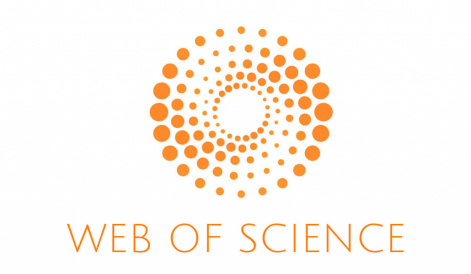Russian scientists have been disconnected from the international database Web of Science. Does the isolation threaten our science?
13 May 2022 г. FRC KSC SB RAS

Krasnoyarsk scientists told Prospect Mira about the consequences of the shutdown and about the future of Russian science.
According to Egor Zadereev, Candidate of Biological Sciences and Head of the Scientific Communications Group of the Krasnoyarsk Science Center of SB RAS, scientists have possible alternatives that are still available: “Formally, there is nothing critical in disconnecting Russian science from the Web of Science analytical database. For analytics, one can use the SCOPUS database, which is close in functionality and still available (what will follow is unknown). One can also use the free Google Scholar service to search for scientific articles. It is possible to navigate the world of Russian-language scientific publications with the help of the Russian electronic scientific library E-Library.”
Zadereev noted that disconnecting from Web of Science could create some difficulties. “Of course, some usual algorithms for scientific and administrative work will suffer. Information from the Web of Science is directly required in many official state documents and electronic systems in reporting to the Ministry of Science and to scientific foundations. For many scientists, analytical search in the Web of Science was an every-day tool for their scientific work.
The scientist cited the experience of Soviet genetics as an example to illustrate how destructive isolation can be for science in the long run: “A stronger effect is psychological. First, freedom of choice and a variety of sources of information are always important. Losing something, one can change to a different “consumption model”, but this always worsens the quality of life. Secondly, a certain common environment - and databases of scientific publications can be considered as an environment-forming factor for science - is a guarantee of quality, and a sense of community, and belonging to the world science. This is especially important for fundamental science, which is international by definition. The consequences of the partial self-isolation of Soviet science in some areas, for example, in genetics, were catastrophic.
Zadereev is convinced that Russian science has no other way to develop than to be part of the global research community: “In recent years, Russian science has demonstrated sustainable development, and has increasingly become part of the global scientific community. The solution of many scientific problems is possible only by joint efforts.
Irina Panteleeva, executive director of the Krasnoyarsk Regional Science Foundation, also agreed that disconnecting from Web of Science would create “certain difficulties”: “In any case, the current situation should be considered, first of all, as an occasion to improve the home-made system for evaluating scientific research and improving the quality of Russian publications. Currently, intensive efforts are being made in this direction. And no matter how the situation develops further, the development of our own system is an important step.”
At the same time, Panteleeva suggested the possibility of resuming contacts and joint work in the future: “As practice shows, the withdrawal of companies, magazines and other organizations from the Russian market is far from always final. Considering that Web of Science and SCOPUS are not state structures, but private ones, it is quite possible that the interaction of Russian scientists with foreign publishing houses, as well as with foreign colleagues, will continue.”
Source: "Prospect Mira"
Share:
